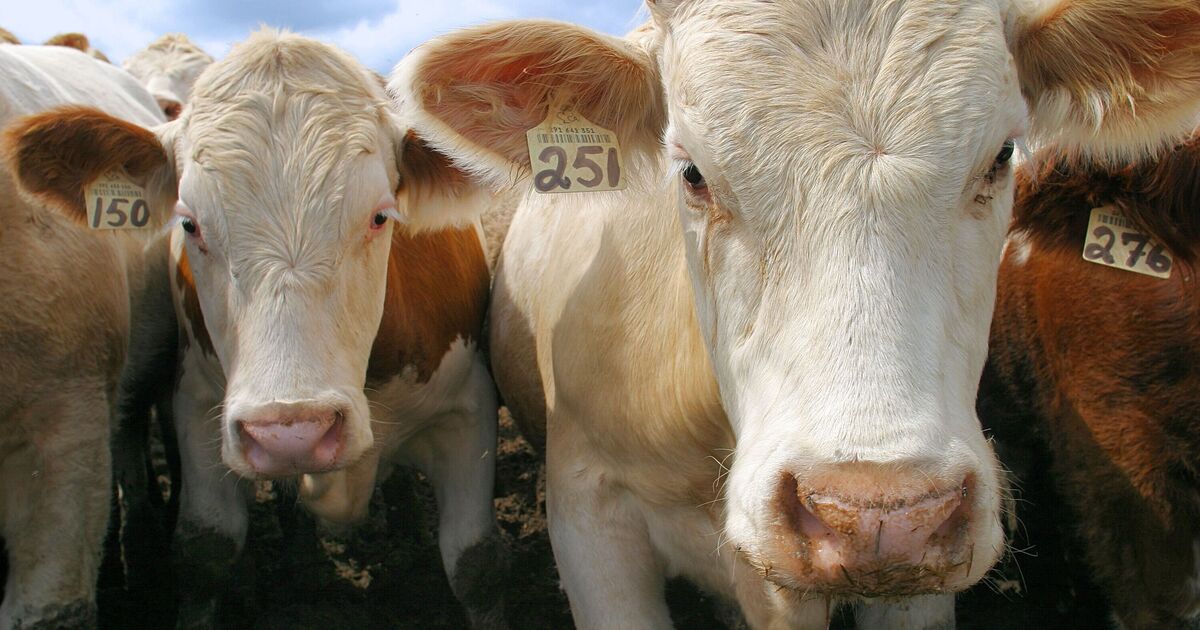

More needs to be done to combat “risky” behaviour towards animals in pursuit of social media content, a countryside group has warned.
The Countryside Alliance told of a “worrying trend” that sees members of the public acting dangerously around animals while attempting to produce videos and images to share online.
David Bean, government relations manager at the Countryside Alliance, said: “My fiancée and I were visiting some highland cattle at a petting farm in Fife when the farmer warned us against touching the cattle on the nose.
“She told us she had had trouble with people trying to ‘boop’ her cows for the sake of videos to be posted to social media, not realising that the concentration of nerve endings in a cow’s nose make it highly sensitive. One of the animals was still skittish about being approached from the front months later.
“Many animals have no problem with being ‘booped’; pet owners will quickly learn whether their animal finds it annoying or a healthy bonding experience. But farm animals are not pets, and they should not be approached or touched unless it’s with the express agreement and under the direction of the farmer.”
The Countryside Alliance has called for the Countryside Code, which is a set of guidelines for people visiting parks, coastlines and other natural areas, to be updated to include specific reference to amateur photographers and videographers producing content.
Key principles of the Code include leaving gates as found, protecting the environment by not littering or lighting fires and caring for nature by keeping dogs under control and giving livestock space.
Natural England and Natural Resources Wales, the two bodies charged in law for developing and promoting the guide, are carrying out an online survey seeking views on how effectively it is being promoted.
Mr Bean said: “While the current survey does not suggest that any changes to the Code are being considered, our response has followed its purpose by discussing how these trends can be combated by focusing efforts on the place where this new problem has arisen: social media.
“It is unlikely that many of those making risky social media content involving livestock and wildlife mean any harm, and plenty of excellent content can readily and safely be made in the countryside.”
In 2023, a farmer on the Gower Peninsula alleged that people taking “selfies” had caused a new-born foal to trip and fall to its death from a cliff.
The Countryside Alliance warned in 2021 about the danger of feeding horses without the farmer’s supervision after a pony died from suffocation when it ate raw potato peels.
Bean said: “Natural England, Natural Resources Wales and other promoters of the Countryside Code should concentrate on its core purpose of educating people about safe and proper conduct. To be effective, they should concentrate on the medium where that important audience is.”
A spokesman on behalf of Natural England and Natural Resources Wales said: "As the current Countryside Code sets out, it is important people do not interfere with livestock and give them plenty of space when visiting the countryside.
“Public feedback is being gathered to keep the Countryside Code relevant in the modern era.”